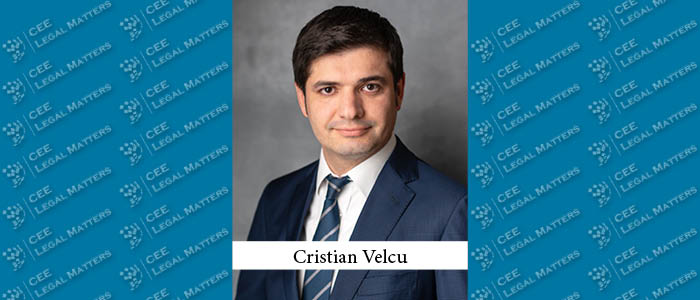The VAT deduction right is probably the most important topic in the VAT system of the European Union. This is also confirmed by the jurisprudence of the Court of Justice of the European Union, where it represents the most addressed subject.
Despite the significant number of court cases addressing the VAT deduction topic, many practical situations are still raising doubts, and new referrals are made recurrently to the Court of Justice of the European Union on it. The most recent one is from Romania (Case C-527/23 Weatherford Atlas Gip) and refers to the VAT deduction right for intercompany consultancy/administrative services with a supplier located in a country different than Romania.
Romania has a long practice of challenging the deductibility for such intercompany services, both for corporate income tax and for VAT. Even if, in practice, the facts can significantly differ from one case to another, there was a strong tendency of Romanian tax authorities to consider them as non-deductible, almost by default. Such intercompany services usually include legal, human resources, IT, accounting and finance, sales/purchases support/intermediation, and management. In addition, more specific services are encountered in many cases: research and development, quality support, industrial assistance, training, etc.
The main issue was treating the deductibility of expenses for corporate income tax identically to the deduction of VAT while national legislative provisions were different and while VAT is a harmonized tax in the EU with extensive jurisprudence at the level of the Court of Justice of the European Union. In addition, Romanian courts have developed an inconsistent practice with similar cases judged differently, assessing in different instances that there is and that there is no difference between corporate income tax and VAT.
During the years, there were many requests of companies facing tax litigations in Romanian courts against Romanian tax authorities to send a referral to the Court of Justice of the European Union. Surprisingly, all of them have been denied. Most of the time, judges considered that this is not a topic that requires the interpretation of the European Court, but one on which an extensive analysis of the documentation available for these services suffices.
Despite the existence of relevant mandatory jurisprudence, Romanian tax authorities have consistently rejected the VAT deduction right for such services. This was done for several different reasons – none of them aligned with EU VAT law. Among the lines of reasoning employed were: (1) the lack of sufficient supporting evidence means that the services might not have been rendered, (2) the acquired services are not used for the purpose of the economic activity of the beneficiary (but of the supplier), (3) the economic benefit cannot be demonstrated by the beneficiary, (4) the services are not necessary, (5) the activities are redundant with ones which can be performed by internal resources, etc. All these reasons are not valid from a VAT standpoint – the nature of the services being the essential factor to demonstrate the link with the economic activity of the buyer. The Court of Justice of the European Union has already confirmed in the past that most of these reasonings are not valid. Specifically, the result of the services is not relevant according to Case C-334/20 Amper Metal Kft. and supporting evidence of the services is not normally needed based on Case C-430/19 C.F.
Moreover, in many such cases, the approach of the Romanian tax authorities has breached important principles of EU VAT law, especially neutrality (the VAT incurred in the context of economic activities was a cost), the avoidance of distortion of competition (treating similar acquisitions with a different VAT treatment), and the independence of VAT rules (the specific rules are not linked with other legislations such as civil, accounting, direct taxes, and transfer pricing).
With the new Weatherford Atlas Gip case referred to the Court of Justice of the European Union, we expect that this long-lasting issue will come to an end. The decision of the court will likely be issued by the end of 2024. All current litigations on similar topics should benefit from the judgment of the court in Luxembourg. The expected approach that the court will take on this case will also make Romanian tax authorities change their approach in the future.
Lastly, the decision in this case could bring strong guidance across the EU on what is and what is not relevant to consider when analyzing the VAT deduction right on acquisitions of services.
By Cristian Velcu, Partner, Tuca Zbarcea & Asociatii Tax
This article was originally published in Issue 10.10 of the CEE Legal Matters Magazine. If you would like to receive a hard copy of the magazine, you can subscribe here.






















